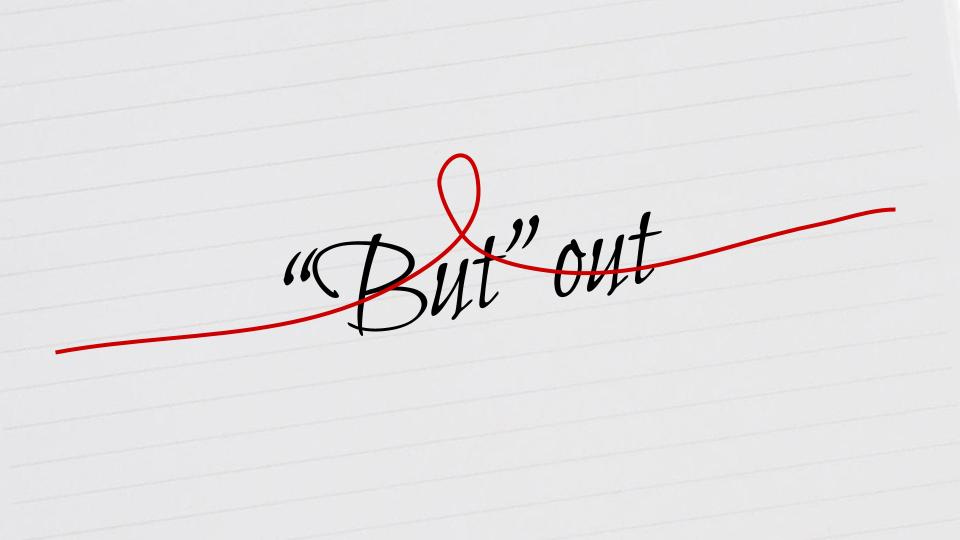Get Me Rewrite: "But" out
By Mark Jacob
Writers who want to link two thoughts know an easy way is to throw the word “but” between them. Problem is, “but” suggests that the second thought is in opposition to the first, and if it isn’t, the sentence is a mess. Two examples from local news outlets:
“We are moving into uncharted territory with partisan school board races in Nashville, but it’s well established that teachers matter more than any other element in student success.”
That’s nonsensical. The writer wanted to get across the idea that partisan school elections might hurt teacher recruitment. But the writer didn’t say that. A decent rewrite:
“Some people in Nashville see benefits in partisan school board races, but it might hamper recruitment of teachers, who matter more than any other element in student success.”
Here’s the other example:
“2020 may be considered the ‘Year from H-E-double-toothpicks’ for many of us, but for the owners and employees of these restaurants that closed, it was the worst.”
So it was a terrible year, but it was a terrible year? Using the word “and” instead of “but” would have been a simple fix.
Remember, writers: When you die and face the Ultimate Copy Editor, one way to avoid being sent to “H-E-double-toothpicks” is to use the word “B-horseshoe-T” correctly.
Editing is our specialty. See more at MHarris.com.



